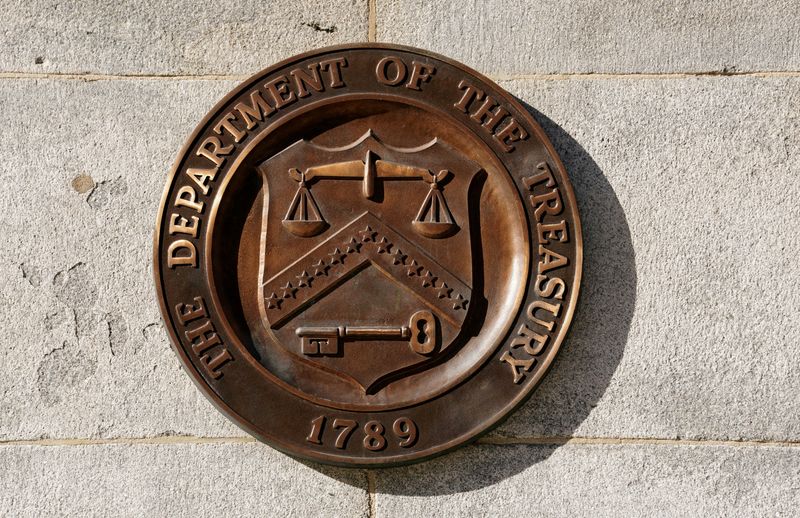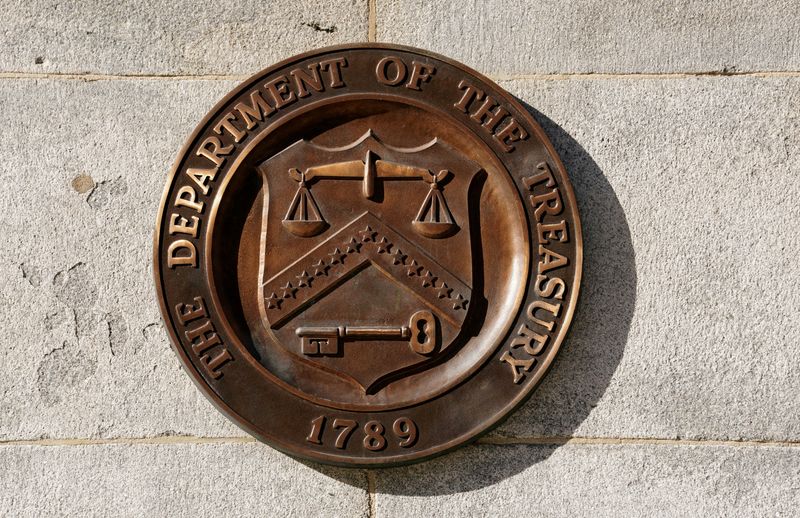
WASHINGTON (Reuters) – The U.S. on Friday imposed sanctions on a Yemen-based financial institution that Washington accused of financially supporting the Houthis, as President Joe Biden’s administration sought to further pressure the militant group before Biden leaves office.
The U.S. Treasury Department in a statement said it imposed sanctions on Yemen Kuwait Bank, accusing it of helping the Houthis exploit the Yemeni banking sector to launder money and transfer funds to allies, including Lebanon’s Hezbollah.
The Iran-backed Houthis have carried out more than 100 attacks on ships since November 2023. They have sunk two vessels, seized another and killed at least four seafarers. The intensity of the attacks has disrupted global shipping and prompted route changes.
The attacks have disrupted international commerce, forcing some ships to take the long route around southern Africa rather than the Suez Canal, leading to increases in insurance rates, delivery costs and time that stoked global inflation fears.
The Houthis seized power in Yemen in late 2014 and control most parts of the country including the capital Sanaa. They have also launched missiles and drones towards Israel, hundreds of kilometres to the north. Israel has responded by striking Houthi areas on several occasions. Last week Israeli warplanes bombed two ports and a power station.
The U.S. alongside Britain launched a multinational operation in December 2023 to safeguard commerce in the Red Sea, and has repeatedly conducted air strikes on Houthi strongholds targeting weapons storage facilities.
Biden’s action, ahead of the inauguration on Monday of President-elect Donald Trump, freezes any of Yemen Kuwait Bank’s U.S. assets and generally bars Americans from dealing with it. Those that engage in certain transactions with it also risk being hit with U.S. sanctions.

